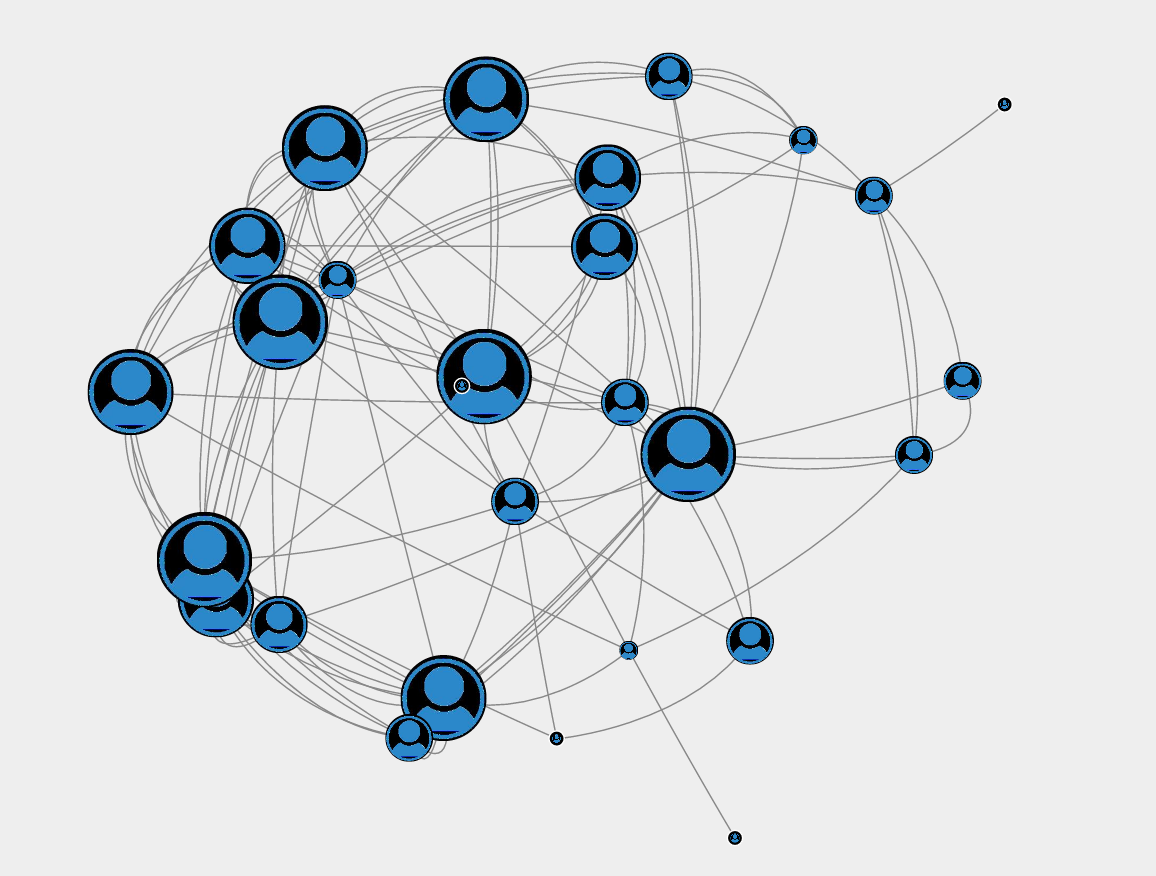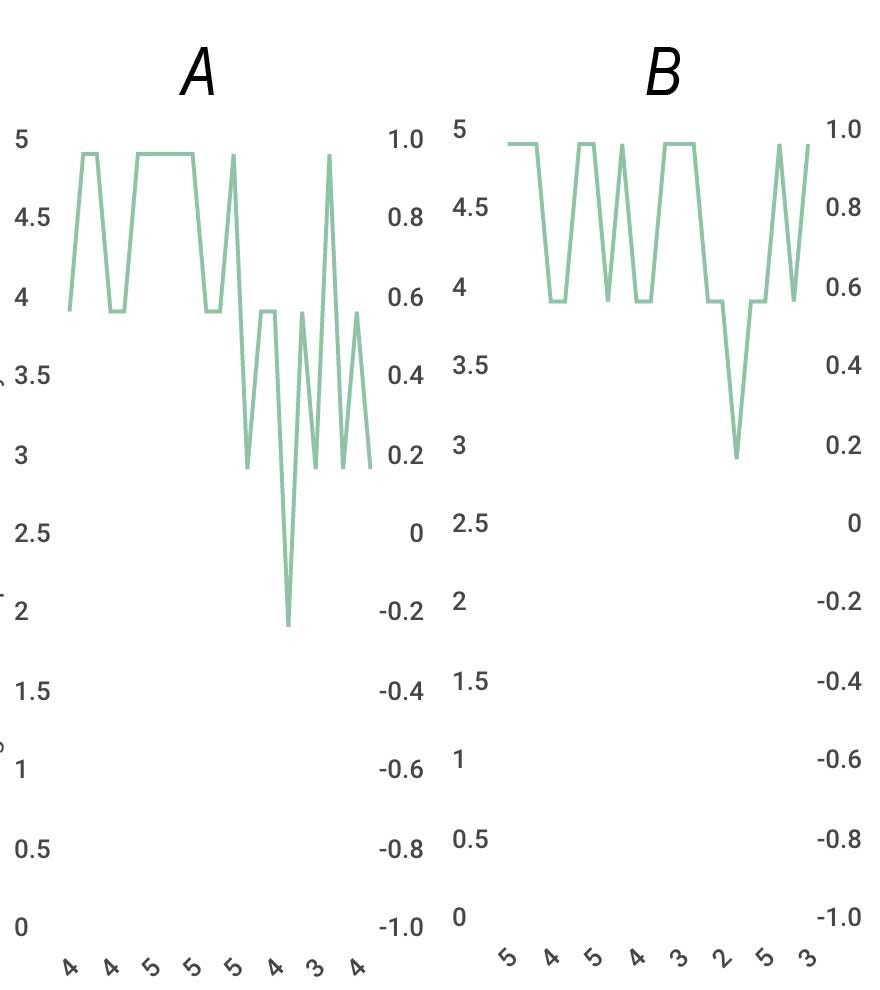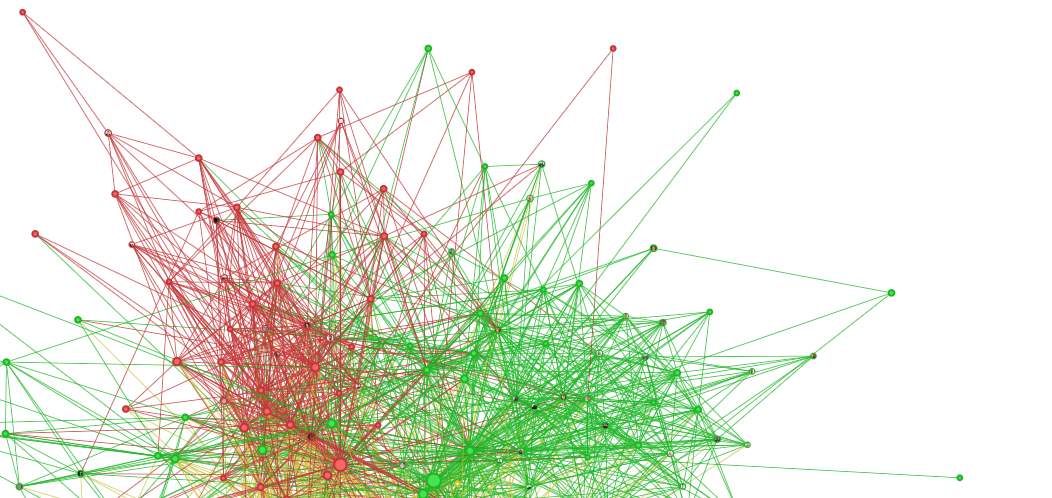I have been interested in education since I taught my first Sunday School class when I was in 6th grade. Teaching from the book (as I was told) versus helping kids understand and enjoy — always seemed at odds with what I saw and experienced.
Well outside of my schooling years now, having had the opportunity to train many hundreds on how to facilitate collaboration better — I realize that I have once again become a student. Daily the evidence builds that our education system, now more than ever, is in need of change. And with three young children for whom I’ve had to begin making decisions regarding their educational journeys, I have spent some time revisiting my learning experiences.
While privileged, what continues to nag me about my education is that it is the people that I met with different skills and backgrounds that have had the greatest impact on my continuing education and career trajectory. It is those with whom I had different, and at times directly opposing points of view, that opened up the synapses of my brain. And yet most of our encounters were left completely to chance.
I did a little math. I spent 4 years in college with only 400 students in my class and I (embarrassingly) barely remember the vast majority of them. I would have only had to have meet 2 students a week to have met everyone. 2 people per week — really? But young and ignorant, I didn’t know to focus on this, for all of the hours spent in lectures and discussions on Macroeconomic Theory no one mentioned that possibly the most valuable piece of my time spent in university would not be based on how many hours I logged in the library or how hard I worked to pass Organic Chemistry, it would be the relationships that I made. In retrospect it really seems shocking that no one encouraged me to get to know my neighbor; in the dorms, in class, in line at the cafeteria. Sure I made friends, as most of us do, based on prior connections or people from the same place, studying the same thing, interested in the same parties…but this isn’t what I want for my kids. I don’t want my kids to grow up with more of the same…the same isn’t working to better each of us or our global community as a whole.
So, in my current learning journey, instead of the institutional accolades and the reported test scores, I began focusing on the students and the way in which they learn from each other. True to the personal nature of this journey, I began testing our software in this vertical with the incredible professors of the University of Minnesota’s Department of Education (who also happen to be lead teachers at the University’s Lab School pre-school program — where my children enjoyed their early childhood educational journeys).
Hypothesis
Engineering study groups, 3 times over the course of the semester, will improve:
+ student performance
+ teacher engagement
+ student’s preference toward smarter study groups going forward
How we approached the experiment
We used our Collaboration.Ai Quick Connectors, specifically, our “Study Group” template and let the professors customize with their topic specific multiple choice question each time. The question’s mostly focused on each student’s area of interest. For example, when teaching a series on educating young children through science, they narrowed in on their students interests by understanding their preferences toward Biology, Physics, Earth Science, etc. These inputs along with data from each student’s social profile was combined with network analysis examination to ensure (in this example) that good friends were mostly separated. We say ‘mostly’ because groups frequently perform better when there is some familiarity within the group. We have trained our PS Team Engine Quick Connectors in line with the conclusive research of the Broadway phenomenon:
Which, contrary to popular belief, highlighted that successful new musical productions in the twentieth century rely upon two key parameters: the ratio of new blood versus industry veterans, and the degree to which incumbents involve their former collaborators and serve as brokers for new combinations of production teams.
Observations
Back to our experiment, below you’ll find snip-its of real conversations with our university students:
Me: “In your study group, how well did you know each other”
Student: “Well she and I have lots of classes together and I see her occasionally around campus”
Me: “So you are friends?”
Student: “No, this is the first time we actually met”
Me: “So, you have been in classes together for two years — did you know her name?”
Student: “Nope”
Me: Sigh — Was I this bad in college? Arghh, totally!
Final Results
The evolved connectivity of students was drastically different.

100% of students agree that they are ‘more’ to ‘extremely more’ likely to select classes within their major that include intentional study groups
In the two curtailed charts and statistics below, we anonymously asked questions at the end of the semester:
A
Relative to your other classes, how interactive has this class been? (only 1 person thought it was less)
B
Is your classroom learning time more productive when you’ve broken into study groups?

4.3 out of 5
— How likely are you to select classes within your major that include intentional study groups?
According to industry survey standards, ‘Good to Very Good’ correlates to about 3.7 out of 5. These outstanding results (albeit against a small sample) is grounds for further analysis about what would drive students in their major to select classes that use intentional study groups.
4.15 out of 5
— How likely are you to recommend that other professors create intentional study groups?
As we continue working with UMN, we will be tracking how many professors take on these types of study groups and how much of it is influenced by students.
Our final statistic is one we debated even asking the students as while we don’t believe that success is only in the # of fellow students you meet, we know that more connections, create the opportunity for better relationships, and we do know that both personal and professional success lies in the quality, community and connections you make.

Summary
It is worth noting that there was no other action taken besides putting students into study groups. In other words, it took all of my restraint to not incorporate design thinking into the delivery of the class. This experiment was only about using Quick Connectors to put students into groups 3 times over the semester. But, to me, this makes the results all the more interesting, compelling and I look forward to continuing my education in our quest to improve all of our education.
Recommendations
Here are our current Quick Connectors. Leveraging research, machine learning and social graphs we are continually building new connectors to address intelligent team creation needs. Please let us know if you have an educational model you would like us to help build. Contact me on Twitter to get started.
 Entering the Era of Smart Study Groups" class="hs-featured-image">
Entering the Era of Smart Study Groups" class="hs-featured-image">